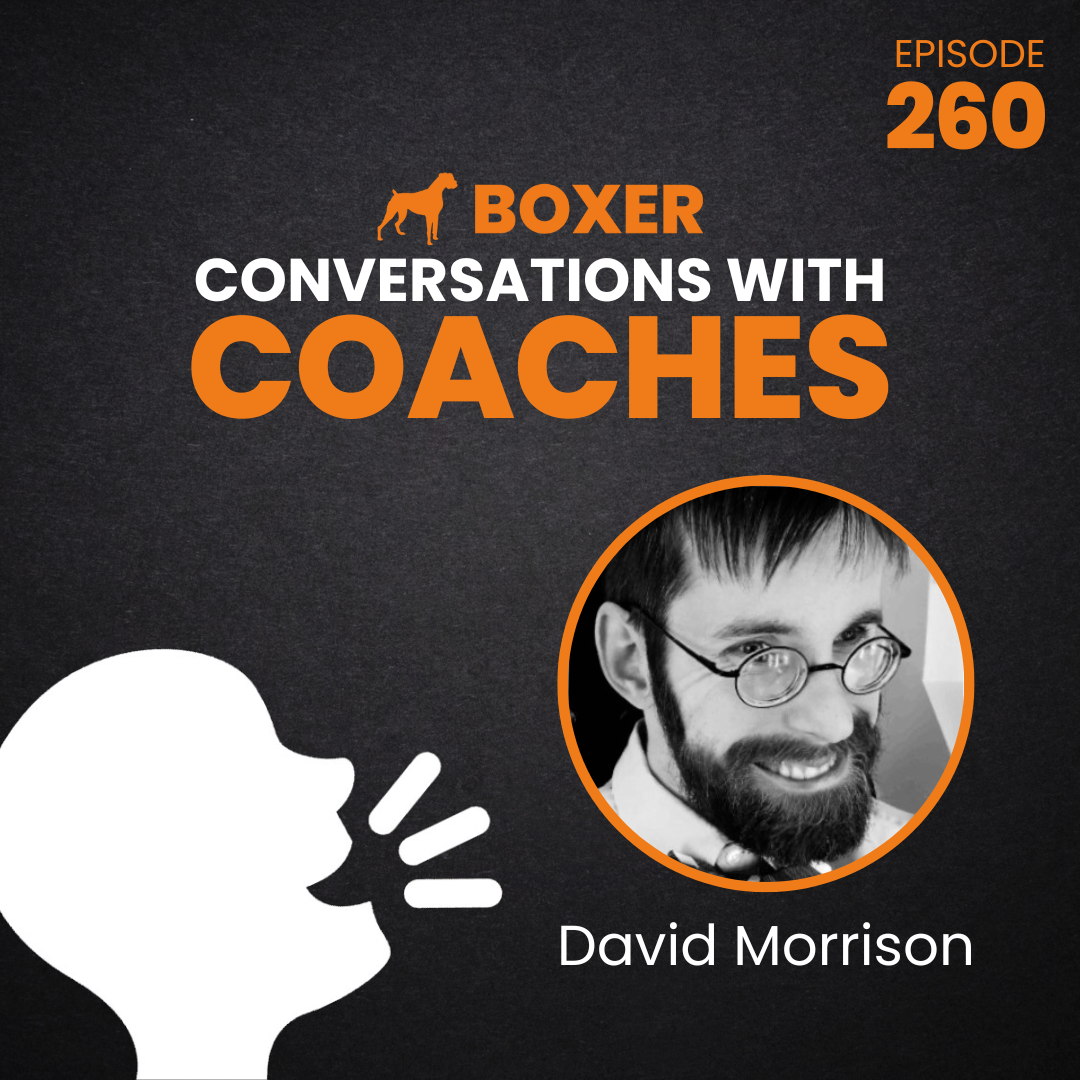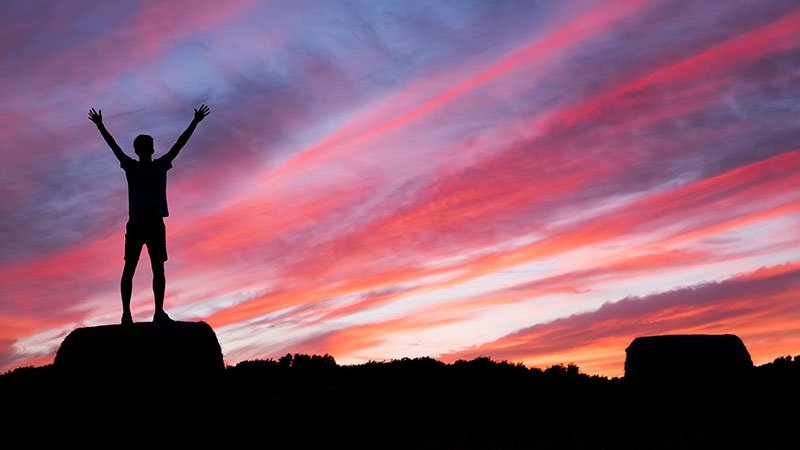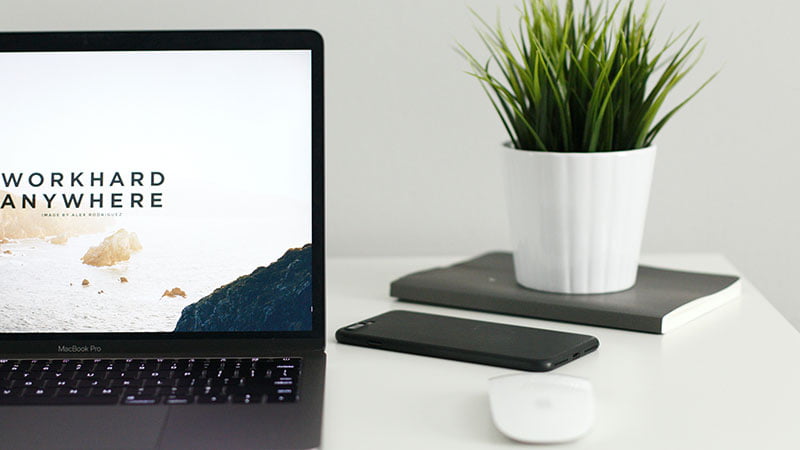[00:00:00] Kevin Stafford: Hello, everyone, and welcome to another episode of the Conversations with Coaches podcast. I’m your host, Kevin, and today I have the great pleasure of chatting with David Morrison again. You might remember our first chat from earlier this year, and it was, quite frankly, I find myself using the word delightful far too often, and yet it keeps being the right word.
Because it’s a delight, just this everything that I feel and think about are my first chance to talk to David. So let me reacquaint you with David before we get into our new conversation. David became an entrepreneur at 30 and has not looked back. He loves helping people serve their communities, yoga, and all things baseball.
At the ripe old age of 18, David discovered both his passion and opportunities in the nonprofit sector and began working diligently to learn and to grow. As his experiences and expertise grew alongside his passion, he eventually found himself heading back to school to get the education and the degrees that would help him really level up his impact and continue to grow in his ability to better serve the businesses and the communities that needed and craved and hungered for his guidance.
So David, thank you so much for sharing some more time with me today here as we’re recording this here in December of 2023. So it’s, a time of reflection and gratitude, looking back and looking forward. And I just had such a fond recollection, such a fond experience talking with you the first time.
And I’m just really grateful to get a chance to talk to you again. So thanks for being here.
[00:01:26] David Morrison: Definitely, Kevin. It’s delightful to be back with you and thanks so much for that enthusiastic introduction. It’s always a pleasure to hear takes on bios and how they’re articulated and I have to say that was One of the best reads of mine, I think I’ve heard in Wild.
So thank you.
[00:01:57] Kevin Stafford: Is, I know it’s easy to say my pleasure, but it truly is. I love everything I’ve gotten to know about you, and so all I had to do was just let my enthusiasm for you just come through in the words and the rest takes care of itself. So let’s do some talking about.
About your we’ll start out by talking about the year past or maybe the year to come. Obviously, like I said, we’re recording this here close, coming up towards the end of 2023. And so a lot has happened this year and in past years, so much has changed for so many people, so many developments, so many new things that have either come to light or new purposes or new aspects of people’s passions that are finding new places to go and new communities to serve.
Basically, pick your starting spot. What would you like to start talking about first? The past year, anything that you encountered or that you were excited about, any, anything that just piqued your interest or really stirred your passion in the past year, or anything that’s coming up or is happening right now that you’re really excited about?
I open the floor to you, David.
[00:02:53] David Morrison: Sure. Just for the sake of the audience, to remind you all, I am a coach. I work primarily within the non profit arena, helping people get their organizations up and running, and we do that through formation, board development, and fundraising, those are our three pillars that we use.
And Until recently and I’ll get into some recent changes and adaptations that I’m going to be making coming in 2024. But this year my focus. has been on individual lives coaching primarily within the health and human services space. I tend to see a lot of non profits at different points in their life cycle.
They sometimes come to me with an idea, other times they come in and they say we’ve got a board, what’s next? Other times it’s we’re fully functioning. But we’ve been operating for less than five years because I tend to work in that zero to five life cycle range. But they’re struggling to find their way.
So we basically have three different pillars, three different camps that we work with. So there’s a lot going on. And I’m finding that my desire continues to be open. People within that space, I want to stay within that niche. However it’s become almost a struggle to stay within that niche because either people are at the point now where They think they can do it on their own and they don’t necessarily want a coach to guide them or they’re not at a point because they’re a startup to finance coaching.
So then there’s me in the middle, just waiting for clients to find me and I’m realizing as we’re wrapping up this year and going into a new year that strategy isn’t working anymore. So I’m starting to rest pause as we record this today and rethink
is individual coaching really where I want to be. Now on the opposite end of the spectrum, and I think we talked about this a little bit last time, but I’ve been actively sought out to teach seminars within the three pillars that I referenced earlier for community colleges. So I’m going from individual one on one coaching to now teaching groups of 20 or 30 or more.
But the problem that I’m seeing is if with that type of scale, you or I don’t get to see the results. In other words, after the class is over, That’s it. I’m not getting those people back on one of, one on one hold, or it’s, there’s so much. Time that elapses between the time that they take a seminar and when they actually book a call.
That we’re spending most of our time catching up. So that’s a problem too. Is I’m finding that my creativity is being stifled in a way because I’m not able to see those results. And so I’m evaluating. where I am at these two diametrically opposed ends of the spectrum. And I’m in the very rough stages. of thinking about where’s that middle ground for T.
F. Morsi Consulting. And where I’ve landed so far, and this is very recent ideation, so it’s still in the works here, but it’s small group coaching. That is the concept. That is my desire for 2024 is to flesh that out, design a program around it, a package, and offer it to my community. As a middle ground between one on one coaching and these seminars that just have a definite end point, but then require a lot of circling back, which puts demands on my time that take away from other things, so I’ll stop there and see if that elicited any follow up
[00:10:02] Kevin Stafford: questions.
It definitely did. And more observations and questions because I, as you were talking about how you were essentially trying to discover new ways to have more impact and to serve the communities you want to serve in the industries you want to serve. And that push pull that you describe. It’s so familiar between.
The impact and the power that you can have in one on one coaching. It’s second to none. There’s, you get the beginning, the middle and the end, you waste very little time because it’s just you and the other person one on one. You get to see the results, you get to tailor your coaching and your consulting specifically to that one person.
It’s so powerful and so impactful, but like you so astutely observed, it is challenging for either very early stage, like day one startups to afford. That level of coaching, even though they might need it. And then as they develop or go down their growth path, they think they can do it themselves.
Or that they’ve got an idea of what needs to happen, and so they’re not allocating the resources that they might be wise to allocate to something like Individualized coaching so you get you stuck there and then you’re in that seminar format where again, you’re able to reach a lot more people, but it’s just like you said, you end up.
I don’t want to say wasting time, but you end up spending a great deal of time and energy going over the same ground. Like you said, circling back when you get somebody from a seminar. To begin the one on one coaching, you have to revisit a lot of things in order to rebuild that foundation before you can then begin the real work.
And there’s just, it seems like there’s a lot of, again, I don’t want to use the term waste because none of that time is wasted, but there’s a lot of duplicated effort that could maybe be better better used, better implemented in that small group format. And for my money, like I think the best balance for so many coaches, the right fit for so many coaches and for so many entrepreneurs in any sector is the small group format because you get a group of anywhere from four to eight.
I think the sweet spot typically is somewhere like six or seven. It varies obviously depending on what the purpose of the group is, but that size allows you to have the kind of real like individualized impact on the people that you’re coaching while also really. Having that impact in a scalable fashion, like you can really it’s for me for my money.
It’s like the best of both worlds. And so I feel again, like I said, not really much of a question, but definitely an observation. This feels like a really exciting evolution of your coaching to me. I think I know you said it’s early days, but this sounds to me like a great way to go forward.
[00:12:38] David Morrison: Yeah, it feels very exciting to me. I was hoping. Honestly, to be in a better place with it at this point, knowing that we’re having this conversation and I’ve got some other milestones coming up, but at the same time. I don’t want to rush it and roll it out too early if it’s not fully baked yet. I’m holding off but it will be ready very soon and I’m excited for the prospect.
[00:13:26] Kevin Stafford: Yeah, and I think it’s very wise to, and again, this is, it’s the kind, I think this exemplifies your coaching approach as well is to make sure that you don’t rush something just because there’s some excitement behind it. And I, again I often use that term as well, like fully baked, make sure the idea, the concepts and the implementation is fully baked as opposed to half baked
I’ve always been, I’ve always been quite taking what that metaphor, because that’s. In my head, I’m like, when I’m, okay, I’ll tell a quick personal story, which is probably familiar to a lot of other people who’ve ever tried to bake anything. And that baking is there’s this temptation to want to look and open up the oven and see if things are ready and maybe take it out too soon because it’s starting to smell really good.
And you’re really excited to see if everything that you tried and everything you put together, all the ingredients you’ve got, if they’re going to work. And in that excitement, you lose track of time or you lose discipline or you lose patience or whatever and it might come out okay it might still be pretty good but if you just had the patience to let it get fully baked You might end up with the best version of all the ingredients you put together, and that’s having made some mistakes in my kitchen in the past, and also in my life, to extend the analogy, making sure that an idea like this is fully baked, I think is So important.
And quite frankly, I admire your discipline and your patience and letting that come to its proper fruition, letting the dough rise in the oven, so to speak.
[00:14:53] David Morrison: You mentioned mistakes, so I’ll Getting back on that, not that I find my business as a whole is a mistake because I’m still functioning and operating and I’m six years in, but looking back on the whole evolution of G.
F. Morrison Consulting. I think had I taken a little more time in the beginning to let things bake a little longer, we would be having a much different conversation right now. And so this, for me, Is that a hard sort of time because I want things to accelerate and bake faster, but then again, I’m like been there once and don’t want to have burnt bread at the end of the day.
I’m taking the. And that would be way too far, but point taken yeah, we just are gonna have to wait and see what
[00:16:23] Kevin Stafford: happens. As someone who routinely takes analogies way too far, I am right there with you. So I just did the responsible host thing and looked up at the Zoom clock and realized we’ve already been talking for 20 minutes.
I was just, I was like, I had a follow up questions going in my head, but I feel like that was a good stopping point. But before I let you go if any member of the audience, anyone who’s listening out there wants to check in on the development of your small group program how how your consulting business is going, basically all things, David, where can the audience best go to find out more about you, reach out to you and connect with you, maybe have a meeting, maybe start a relationship.
So yeah, where can people go to find out more and connect with you?
[00:17:07] David Morrison: You can reach out on Facebook, D. F. Morrison Consulting, or on LinkedIn, David Morrison 87.
[00:17:20] Kevin Stafford: Perfect. I like I find myself gravitating towards LinkedIn so frequently for stuff like this where I’m just like it tends to be a great hub for me. I know I’ve seen you there here and there posting and it’s a welcome presence on my list of contacts. But yeah, I am. I’m excited to see where this goes for you because I feel like a, some kind of small group offering whatever it ends up looking seems like the best of all possible worlds for the services you provide for the coaching and the consulting you provide.
So I’m pretty excited to see how it develops. So yeah, we’ll have to, we’ll have to check in sometime next year and see how things are going. Yeah. And of course to the audience, show notes, we’ll have links to everything. We’ll Facebook page, LinkedIn, et cetera. Thank you all so much for listening, David, thank you for sharing some time with me today.
I, like I said, like I’m looking up at the zoom clock and trying to be a responsible host and keep the episode lengths reasonable, but I could do, I could talk with you for hours. I’d so so much for sharing some time and some of your ideas and some of your energy and passion with me today. I’m just, again, like I said at the beginning, I’m just so grateful.
to have gotten a chance to get to know you a little bit and yeah, keep going. I think the work you’re doing is important and powerful and I love the way that you work in the space and all that you have to offer. So yeah, I don’t know if you need any encouragement right now, but let me be one of those voices in the choir.
Keep going. You’re on the right path, in my opinion. So I’ve, I’m grateful for you and excited for you as well. Thanks so
[00:18:47] David Morrison: much, Kevin. I appreciate the time.
[00:18:51] Kevin Stafford: And to the audience, you know what to do. Links everywhere. Check this podcast feed for new episodes whenever you’re looking for something fun and inspiring to listen to.
And we will be grateful to talk to you again very soon.







